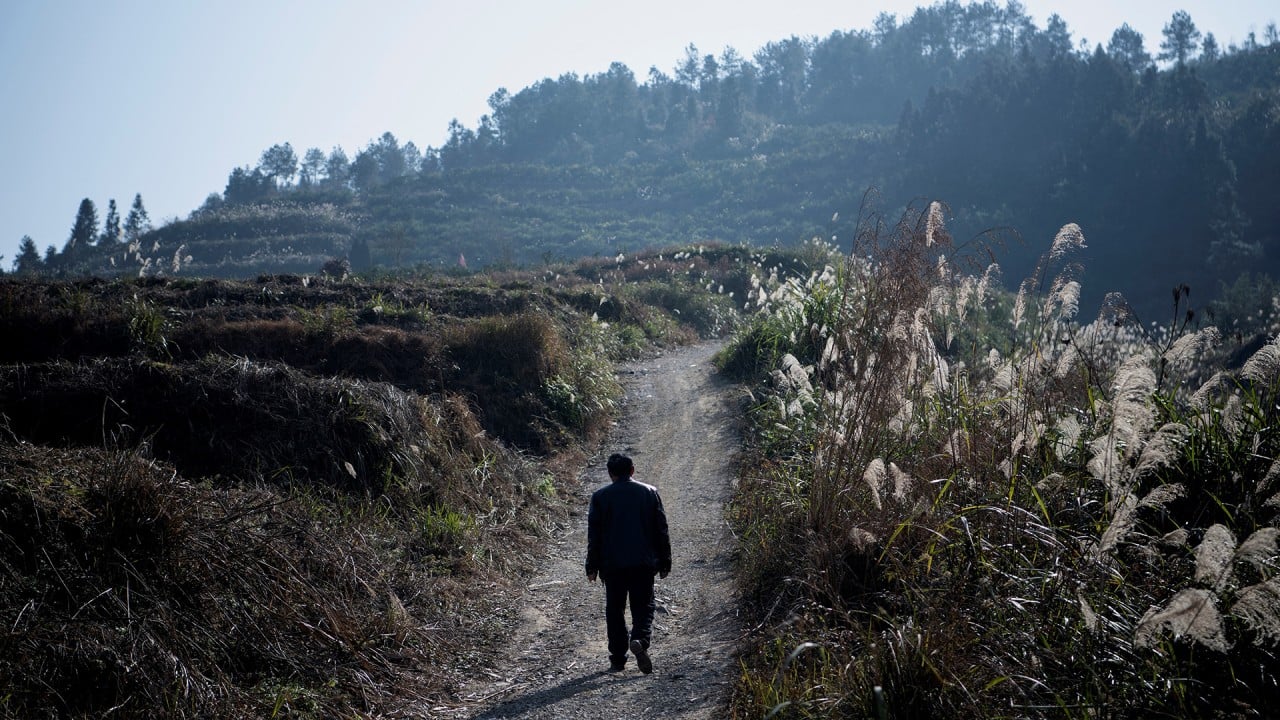
China’s anti-poverty playbook should inspire Hong Kong to act
- The single-mindedness with which Beijing has pursued its goal to eradicate absolute poverty is worthy of emulation
- The UN’s Sustainable Development Goals are good starting points for Hong Kong to work towards, mapping out local, measurable targets along the way
The speed with which draconian measures were introduced to curb the spread of Covid-19 is also telling. Those living elsewhere, including in Hong Kong, may be asking whether they are seeing the same degree of collective single-mindedness in pursuit of social goals in their own regions.
Some say that democratic nations cannot make long-term plans due to the term constraints of democracy. This is an absurd claim. Leaders may change after four or five years, but public interests and concerns are generally not so fickle. Governments can pick up the baton that’s handed to them by their predecessors, make adjustments and adopt their own style, all while still going in the direction expected of them.
To the extent that there are common ethical principles, there is no reason key public goals should not remain in place over a decade or two if they are genuinely for the betterment of the population.
Poor in Hong Kong: life is hardest for the elderly, jobless and single-parent families
Yet, after 10 years, it is not at all clear that progress has been made in reducing inequality. We have not set any specific goals and targets, and more commitment and effective measures are needed.
If the UN’s 193 members can find consensus around a set of development goals, a single nation or administrative region should be able to do so too. In Hong Kong, we of course have our disagreements, and we may even disagree on climate change priorities or housing policy. Yet we can surely all agree that our children should not be subjected to air pollution or domestic abuse, that education opportunities should be available to all and that housing is safe.
In a Harvard speech in 2007 calling for action on nuclear disarmament, Mikhail Gorbachev said: “If you don’t move forward, you begin to move backward.” It is crucial that social efforts should be targeted and ambitious, lest aimless and drifting governments are tugged along by a corporate sector, largely motivated by self-interest.
Can Hong Kong be run by patriotic officials who are not Beijing sycophants?
To this end, Hong Kong should establish a community-based body solely to nurture and monitor progress towards the Sustainable Development Goals, with a precise set of local, measurable targets. We need to demonstrate the can-do spirit.
It seems extraordinary that there are still wealthy regions of the world that cannot guarantee timely access to health care and affordable housing to all citizens.
Whether collective development goals are seriously pursued this decade will depend on the willingness of political factions to put aside narrow interests for the common good. There have been some positive signs of community cohesion during the pandemic. If we are to retain faith in a global society with shared principles, we must build on these positives and find areas where there may be agreement.
Edward Pinkney is a project officer and Paul Yip is a chair professor (population health) at the Department of Social Work and Social Administration at the University of Hong Kong



